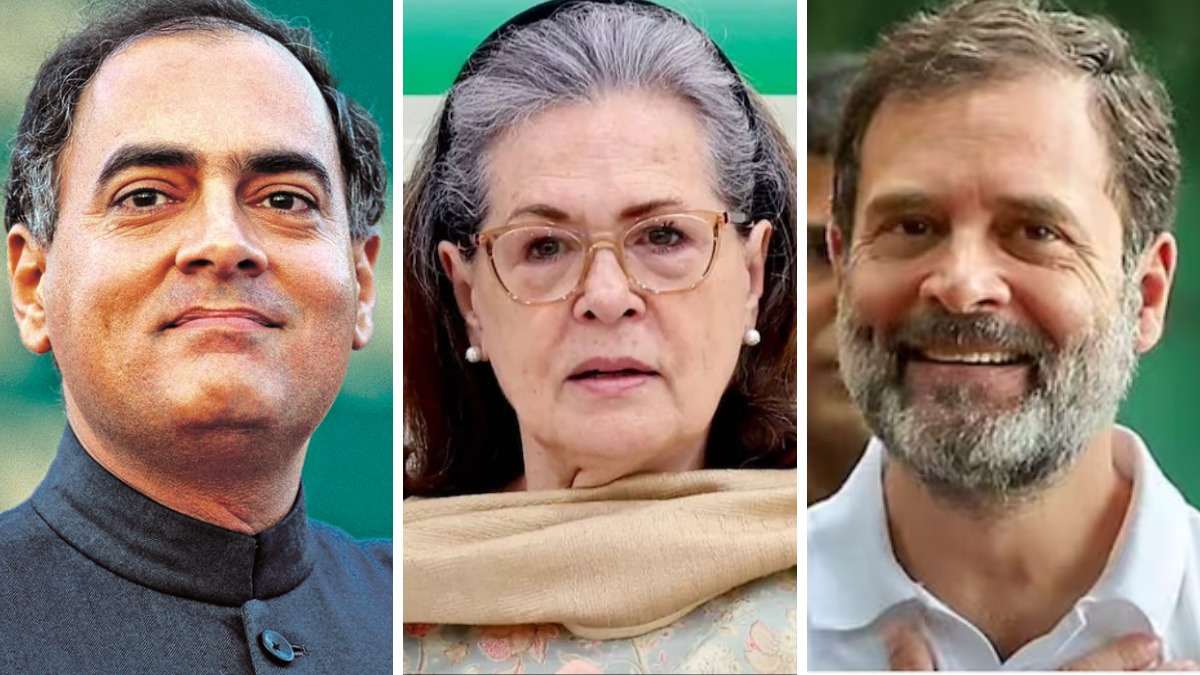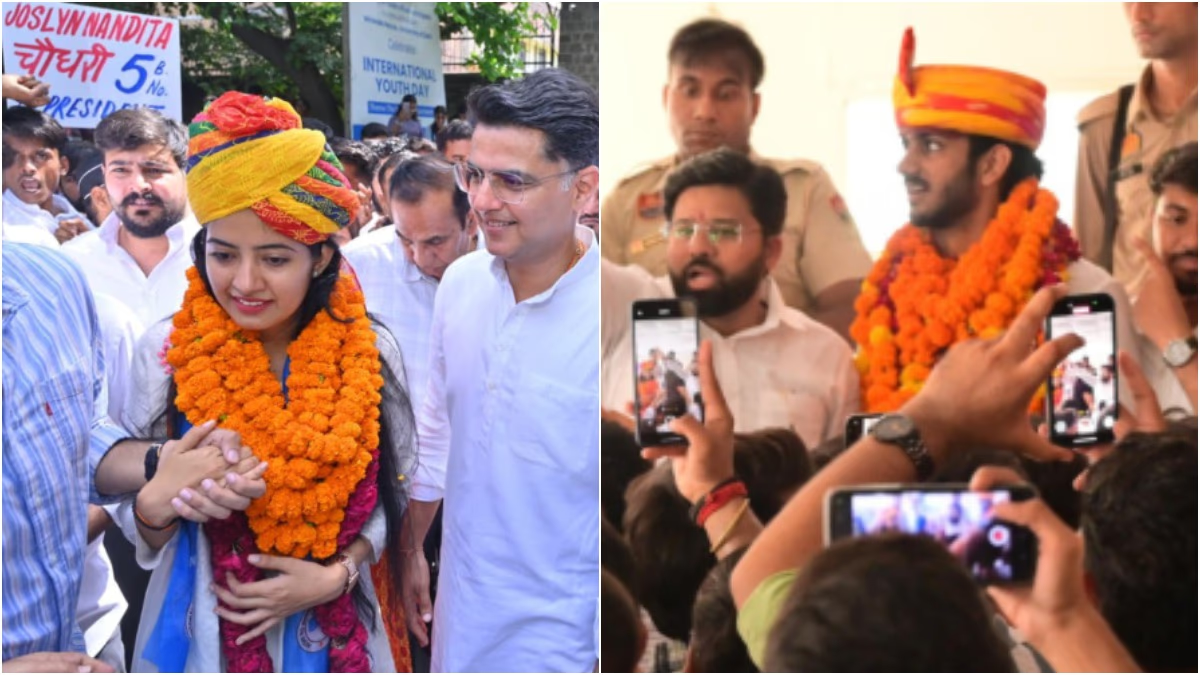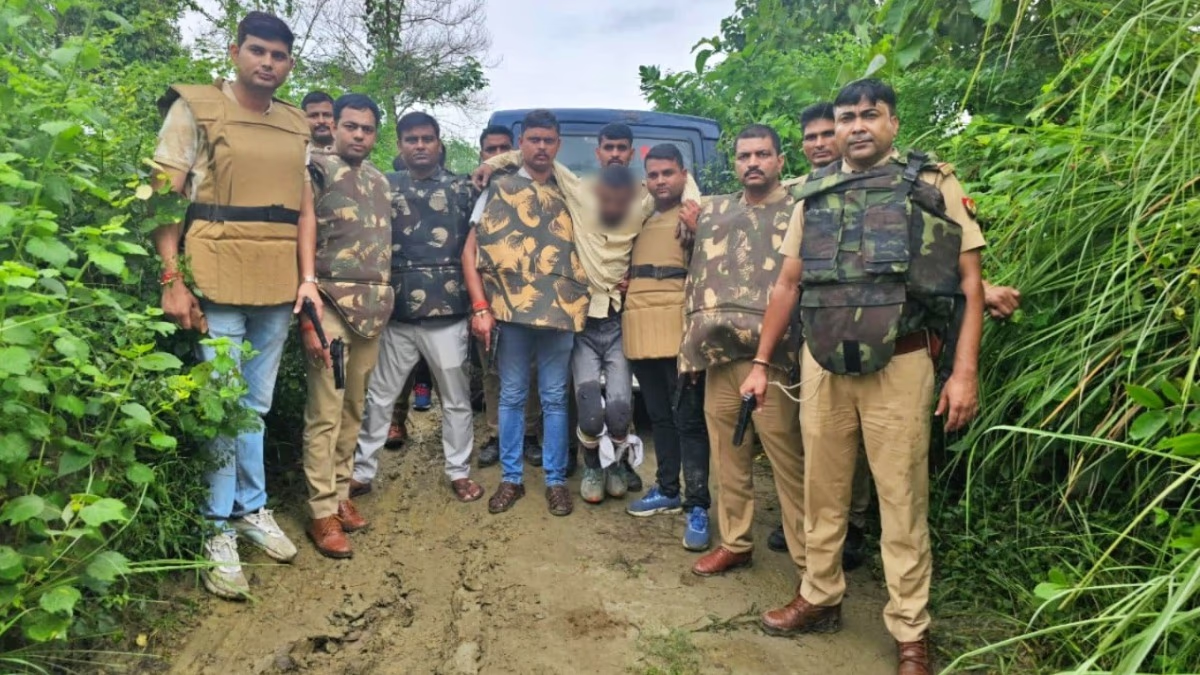After a decade, the Lok Sabha is about to welcome its leader of the opposition. Rahul Gandhi is poised to assume this pivotal role. A decision made at a meeting of the INDIA block floor leaders at Congress President Mallikarjun Kharge's residence on Tuesday. This appointment was formally vacant at times in the past, notably in 1980, 1989, and from 2014 to 2024.
According to parliamentary norms, a party needs at least 10% of the total members, which is 54 seats, to qualify for the Leader of the Opposition. Neither the 2014 nor the 2019 elections saw any opposition party meet this criterion. The last time was Sushma Swaraj of the BJP from 2009 to 2014. This election, however, Congress secured 99 seats under the INDIA coalition.
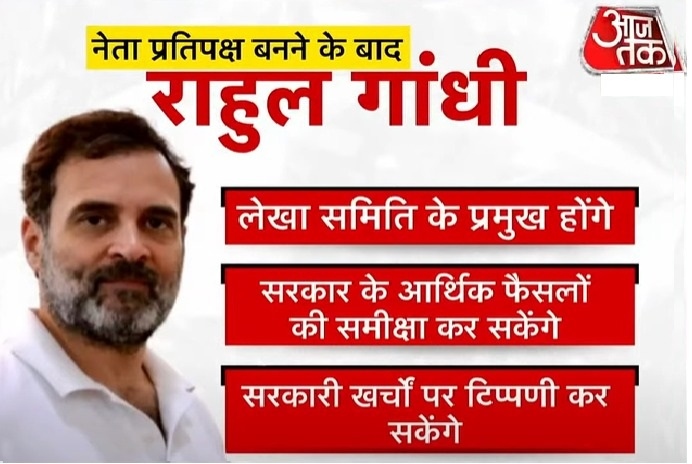
Source: aajtak
With this new position, not only will Rahul Gandhi ascend in the protocol list but also emerge as a natural candidate for future prime ministerial consideration. This marks the first time he will take on a constitutional role throughout his longstanding political tenure.
As the Leader of the Opposition in Lok Sabha, Rahul Gandhi will participate in significant panels selecting important positions such as Lokpal, CBI chief, Chief Election Commissioner, Central Vigilance Commission, Central Information Commission, and the NHRC head, collaborating closely with the Prime Minister, who leads these panels.
Following Rajiv and Sonia, Rahul Steps into the Role of Opposition Leader
This historic moment makes it the third instance of a Gandhi family member undertaking the Leader of the Opposition role in the Lok Sabha. Sonia Gandhi and late Rajiv Gandhi have both preciously held this vital responsibility. Sonia Gandhi managed the role from October 13, 1999, to February 6, 2004, and Rajiv Gandhi from December 18, 1989, to December 24, 1990.
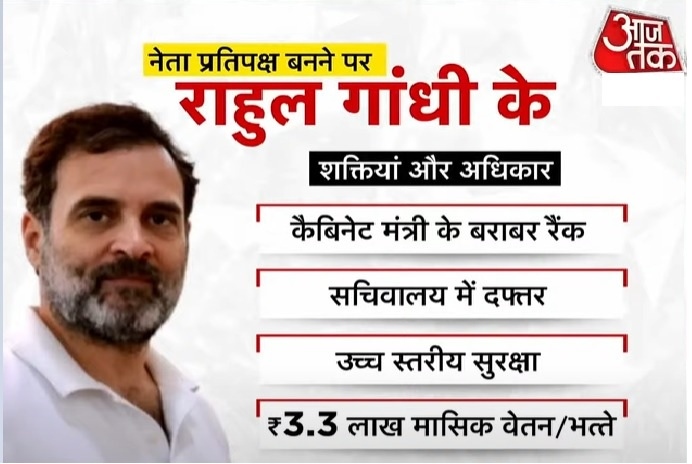
Source: aajtak
Rahul Gandhi: Five-Term MP with a Resplendent Legacy
Recently turned 54, Rahul Gandhi is a descendant of the Nehru-Gandhi lineage, serving his fifth parliamentary term. Currently, he represents the Raebareli constituency in Lok Sabha, which his mother Sonia Gandhi formerly held. In the recent election, he triumphed in two constituencies – Wayanad in Kerala and Raebareli in Uttar Pradesh but chose to resign from Wayanad, paving the way for his sister Priyanka Gandhi Vadra to contest from there. Rahul stepped into politics in 2004, winning his first election from Amethi in Uttar Pradesh.
Past Holders of the Coveted Leader of the Opposition Title
-Sushma Swaraj (December 21, 2009 - May 18, 2014) -Lal Krishna Advani (May 22, 2009 - December 21, 2009, May 22, 2004 - May 18, 2009, June 21, 1991 - July 25, 1993, and December 24, 1990 - March 13, 1991) -Sonia Gandhi (October 13, 1999 - February 6, 2004) -Sharad Chandra Govindrao Pawar (March 19, 1998 - April 26, 1999) -Atal Bihari Vajpayee (June 1, 1997 - December 4, 1997, and July 26, 1993 - May 10, 1996) -Ganga Devi (May 16, 1996 - June 1, 1996) -Rajiv Gandhi (December 18, 1989 - December 24, 1990) -Jagjivanrao Ganpatrao Kadam (July 28, 1979 - August 22, 1979) -Yashwantrao Balwantrao Chavan (July 10, 1979 - July 28, 1979, and March 23, 1977 - April 12, 1978) -C.M. Stephen (April 12, 1978 - July 10, 1979) -Dr. Ram Subhag Singh (December 17, 1969 - December 27, 1970)
Privileges of Being the Leader of the Opposition
As per the Leaders of Opposition In Parliament Act of 1977, the Leader of the Opposition is entitled to the same rights and amenities as a cabinet minister. Rahul Gandhi will now enjoy access to an official secretariat, superior-tier security corresponding to a cabinet minister's rank, and a salary and allowances summing to 3.3 lakh rupees monthly—substantially higher than an MP's usual salary of about 2.25 lakh rupees.
The Inception of the Leader of the Opposition Role
For context, the Leader of the Opposition role came into existence following the division of Congress in 1969. Ram Subhag Singh from Congress (O) laid claim to the position. Subsequently, a 1977 Act of Parliament granted the role statutory status, stipulating that an opposition party must encompass at least one-tenth of the house to claim the special privileges and salary of the Leader of the Opposition. In other words, they must hold 10% of the total MP seats.
